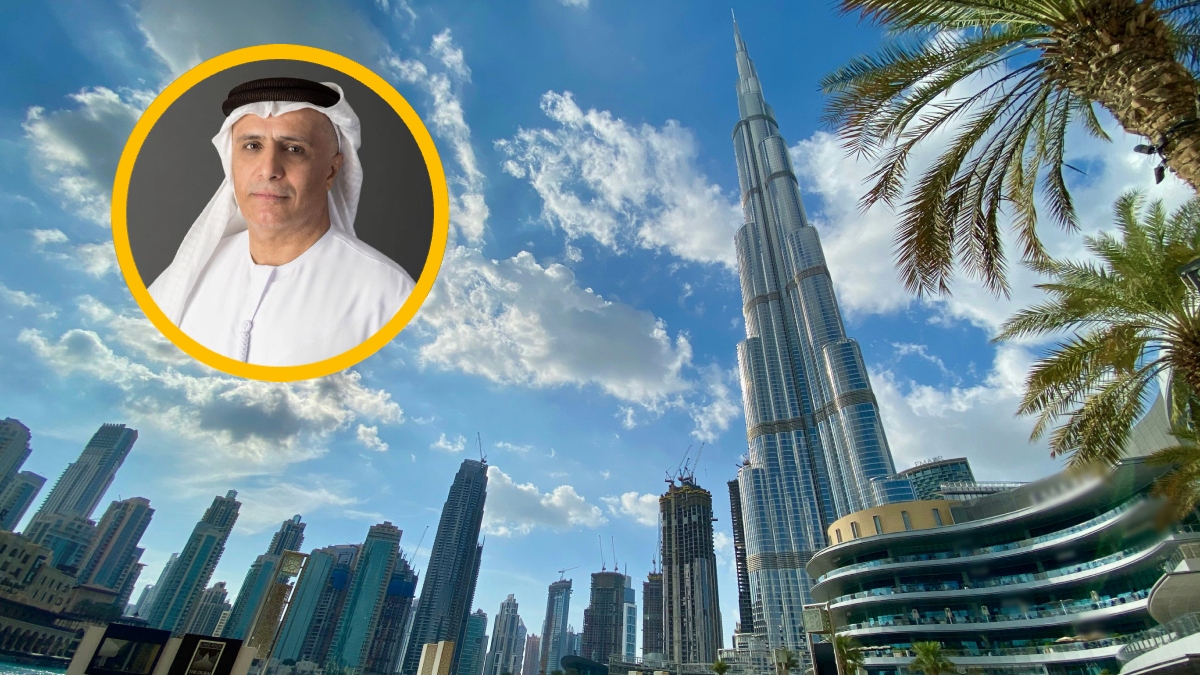Dubai’s Roads and Transport Authority (RTA) is set to revolutionize mobility with artificial intelligence (AI), expecting a 25% reduction in travel time and a 30% decrease in congestion within the next decade, according to Mattar Al Tayer, Director General and Chairman of the Board of Executive Directors of RTA.
Speaking at the Future of Mobility Forum during the World Governments Summit 2025, Al Tayer highlighted how AI-driven innovations are shaping Dubai’s transportation landscape. He noted that expanding the city’s Intelligent Traffic Systems has already led to a 60% improvement in incident detection, a 30% faster response time, and a 20% reduction in travel duration.
“Dubai is at the forefront of digital transformation and AI adoption, thanks to the vision of His Highness Sheikh Mohammed bin Rashid,” Al Tayer was quoted as saying by Gulf News. He emphasized that future transport solutions, including self-driving mobility and AI-powered traffic management, will enhance safety and efficiency.
By 2040, all taxis in Dubai will be electric or hydrogen-powered, with public buses following suit by 2050 to achieve zero emissions. The city is also preparing for the launch of aerial taxis in 2026, with the first vertiport already under construction near Dubai International Airport.
Al Tayer reaffirmed Dubai’s commitment to becoming a 20-minute city, enhancing walkability and micro-mobility. By 2030, 25% of all trips in Dubai will be self-driving, complemented by new transport options such as trackless trams, rail buses, and skyways.
While AI and big data are playing a key role in the city’s transportation evolution, Al Tayer acknowledged the risks associated with these advancements. “As we move toward connected, autonomous, and low-emission vehicles, ensuring public confidence and cybersecurity remains a top priority,” he said.






